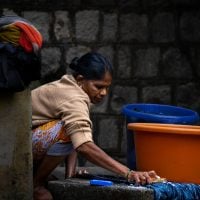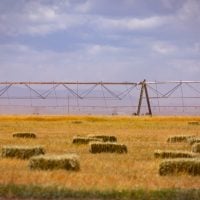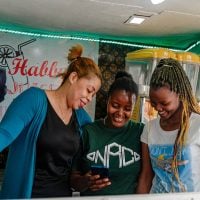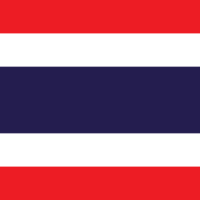Deadline: 31-Mar-24
The European Heritage Hub project – co-funded by the European Union and run by a consortium of 20 partners led by Europa Nostra – is launching a Small Grants Scheme to support projects protecting cultural heritage in EU neighbouring countries.
The European Heritage Hub Small Grants Scheme aims at encouraging and empowering heritage stakeholders from 11 neighbouring countries of the European Union (Albania, Armenia, Azerbaijan, Bosnia and Herzegovina, Georgia, Kosovo, Moldova, Montenegro, North Macedonia, Serbia, Ukraine) to become active protagonists of the wider European heritage movement, enhancing their capacity to respond to Europe’s green, digital and social transformation.
Countries in these regions – both candidates and potential candidates for EU accession or EU close neighbours – are confronted with an armed conflict, addressing post-conflict challenges, or require actions to prevent possible future conflicts. The European Heritage Hub Small Grants Scheme will thus provide support for projects in line with the objectives of the call:
- Building the capacity of civil society;
- Enhancing the key role of cultural heritage for the Triple Transformation of their society, economy and the environment (green, digital and social);
- Building peace, stability, reconciliation, intercultural and interreligious dialogue through heritage-led activities.
Funding Information
- It will support initiatives of 3 sizes:
- Small projects – Grants ranging from 2,000 to 10,000 EUR
- Medium projects – Grants ranging from 10,000 to 30,000 EUR
- Large projects – Grants ranging from 30,000 to 50,000 EUR
- The project should be completed or sufficiently advanced by 31 March 2025 to provide tangible results for reporting purposes.
Eligible Countries
- Albania, Armenia, Azerbaijan, Bosnia and Herzegovina, Georgia, Kosovo, Moldova, Montenegro, North Macedonia, Serbia, Ukraine.
- N.B.: Cross-border projects between the countries listed above are eligible and encouraged.
Eligibility Criteria
- Only civil society and not-for-profit organisations can apply including but not limited to NGOs, charities, grassroots organisations, etc. In the case of partnerships, the lead organisation should submit the proposal on behalf of the other participants. The designation “applicant” refers to the civil society organisation that submits a project proposal. Project proposals can be submitted by a group of applicants (partnership) with one partner acting as lead applicant. Even in the case of a partnership, only one overall budget should be submitted. The lead applicant is actively involved in the implementation of the project and is financially engaged. If selected, the grant agreement will be signed with the lead applicant who ensures the correct and timely implementation of the project and is financially responsible – both towards the partnership and the granting organisations.
- N.B.: The lead applicant must have a legal status and a bank account in one of the eligible countries. In the case of a partnership, the partners can be based in other European countries.
For more information, visit Europa Nostra.









































